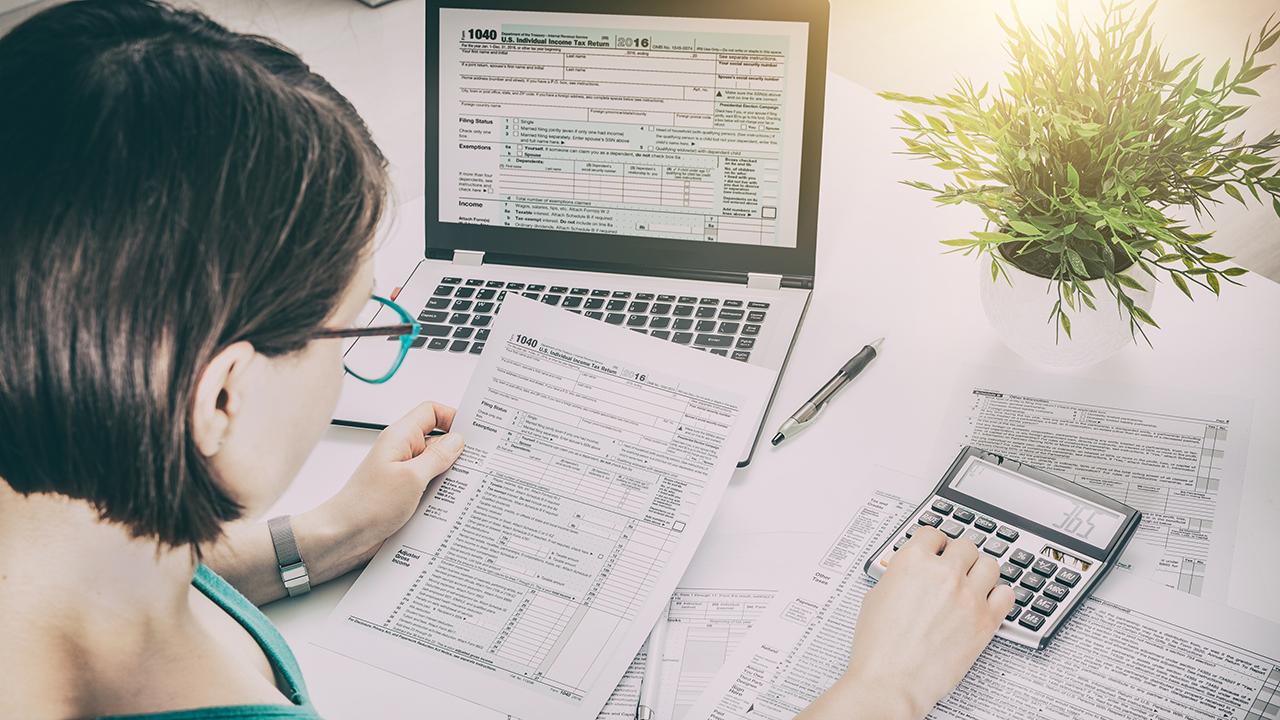Tax season 2020 is here: What to expect
The average refund last tax season was about $2,725
This year’s tax season is kicking off amid much less fanfare than last – which began after a record-long government shutdown – but taxpayers may still encounter some of the same issues if they have not been proactive over the past year.
Monday is the first day taxpayers can file their 2019 taxes.
This marks the second year of filing under the sweeping changes enacted via the Tax Cuts and Jobs Act. Last year, many people did not check their withholding amounts leading into tax season despite the government’s advice to do so. As a result, many people were confused when they received little or no refunds despite having a similar financial situation to the year prior. Some even owed the tax agency for the first time.
And, unless you filled out a new form, your current Form W-4 is still being used. That means you could be in for another surprise unless you adjusted your withholding.
IRS RELEASES NEW FORM W-4: WHAT TO KNOW TO AVOID A REFUND SURPRISE IN 2020
MANY AMERICANS DON'T UNDERSTAND TAX REFUNDS, DO YOU?
The ultimate goal of proper withholding is to pay so much each month that you neither owe nor are owed come April.
More than half of people would rather get a refund come tax season than have a little extra padding in their regular paycheck.
For more than 40 percent of Americans, their refund will be their largest paycheck of the year.
CLICK HERE TO READ MORE ON FOX BUSINESS
Last year, however, some people were unpleasantly surprised by smaller or non-existent refund amounts, blaming the tax law for what they perceived as increased burdens.
The government cautioned that the size of your refund does not correlate with your tax liability. The overwhelming majority of people are expected to see a net tax benefit as a result of the passage of the Tax Cuts and Jobs Act.
Overall, the average refund last tax season was about $2,725, as the IRS doled out about 95.7 million checks. It processed about 130.7 million returns as of April.
However, similar to last year, taxpayers hoping to get assistance from a customer service agent may have a hard time, according to a recent report from the National Taxpayer Advocate. Other challenges at the agency that have resulted from decreased funding and staffing levels include heightened refund delay times and problems with the Free File program.
The best way to get your refund as soon as possible? File online. That method often takes about 20 to 30 days for a refund turnaround. Filing early will also diminish the chances that scammers will steal your identity and file a fake return on your behalf – which can seriously delay your refund.
GET FOX BUSINESS ON THE GO BY CLICKING HERE




















